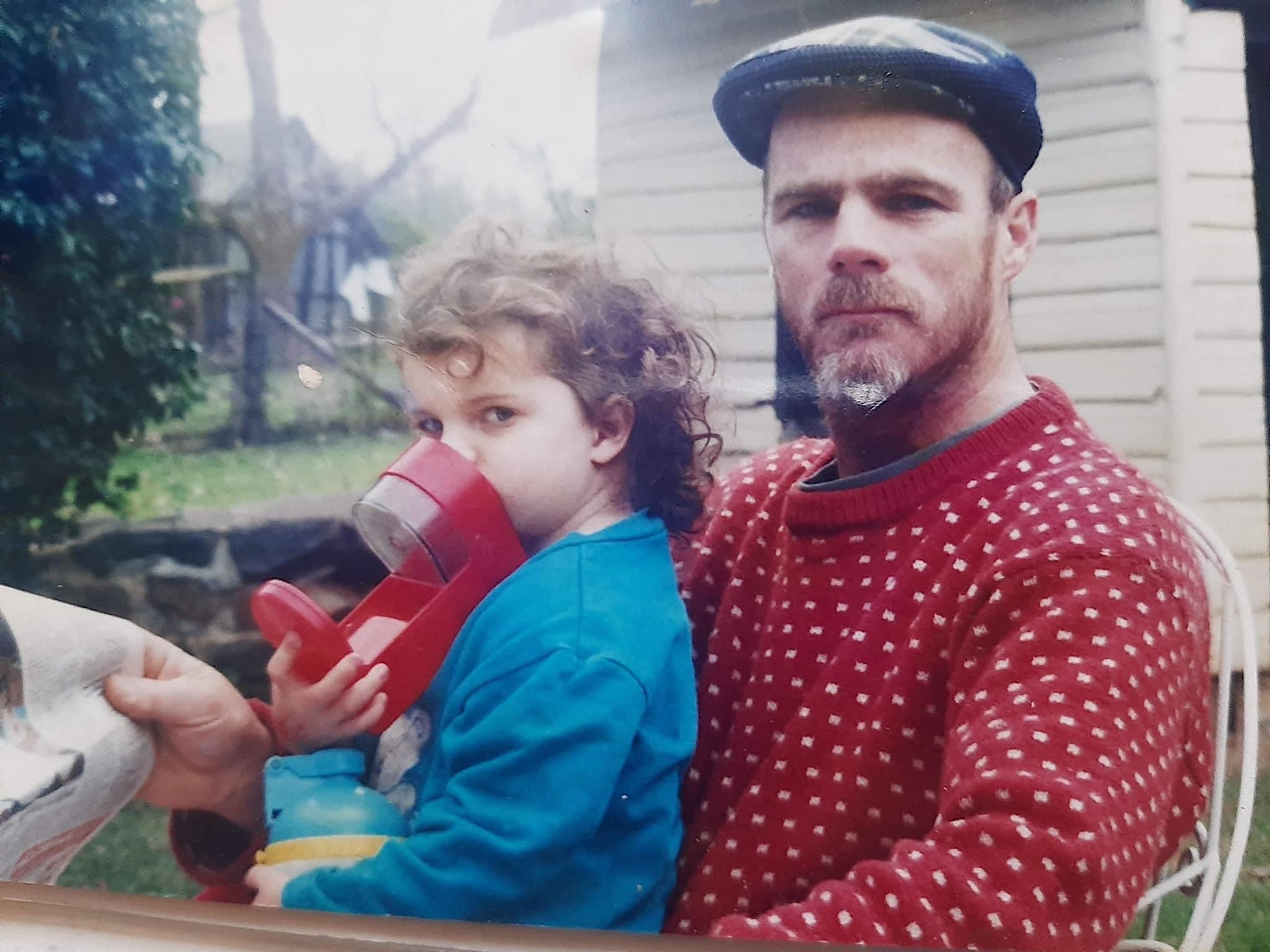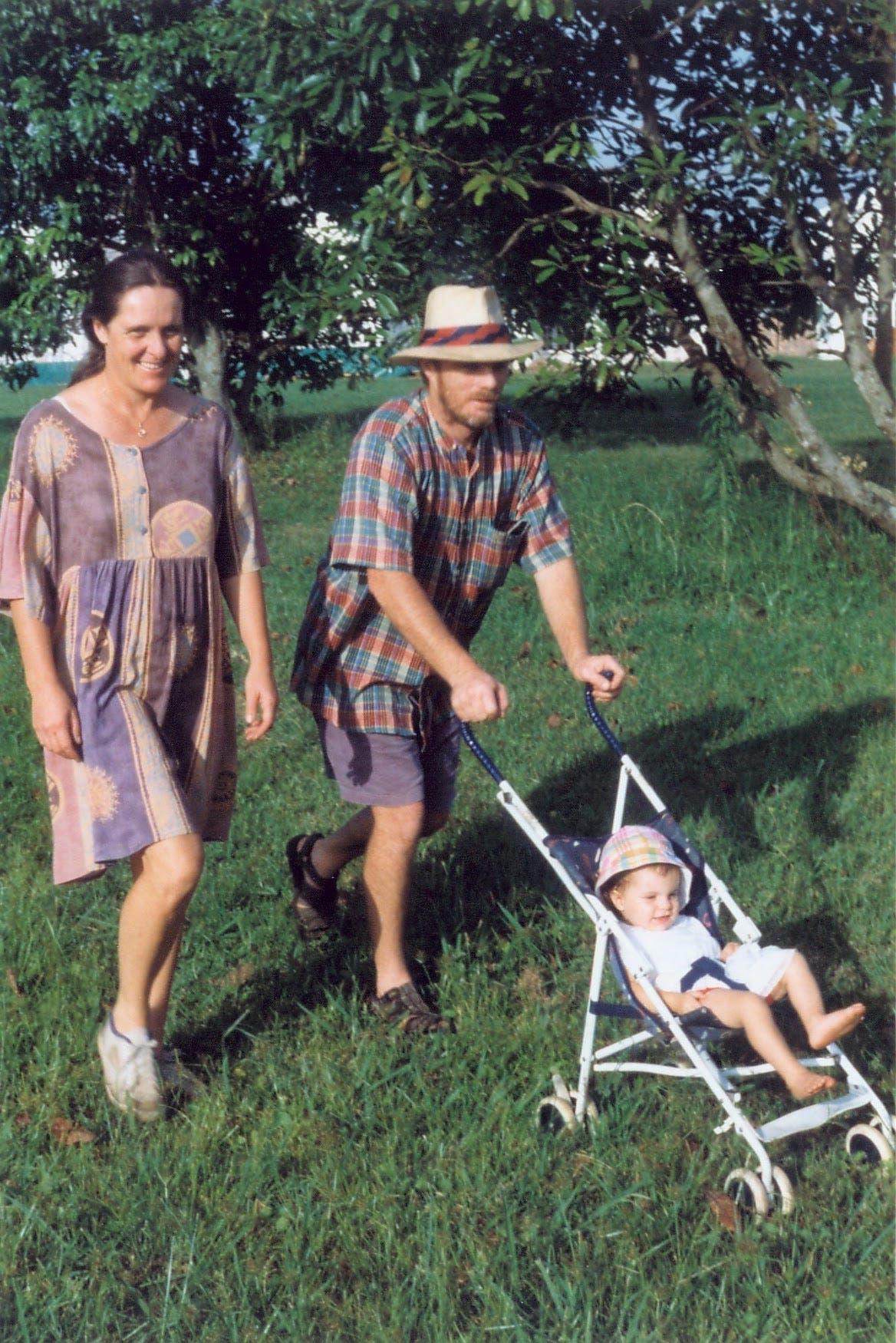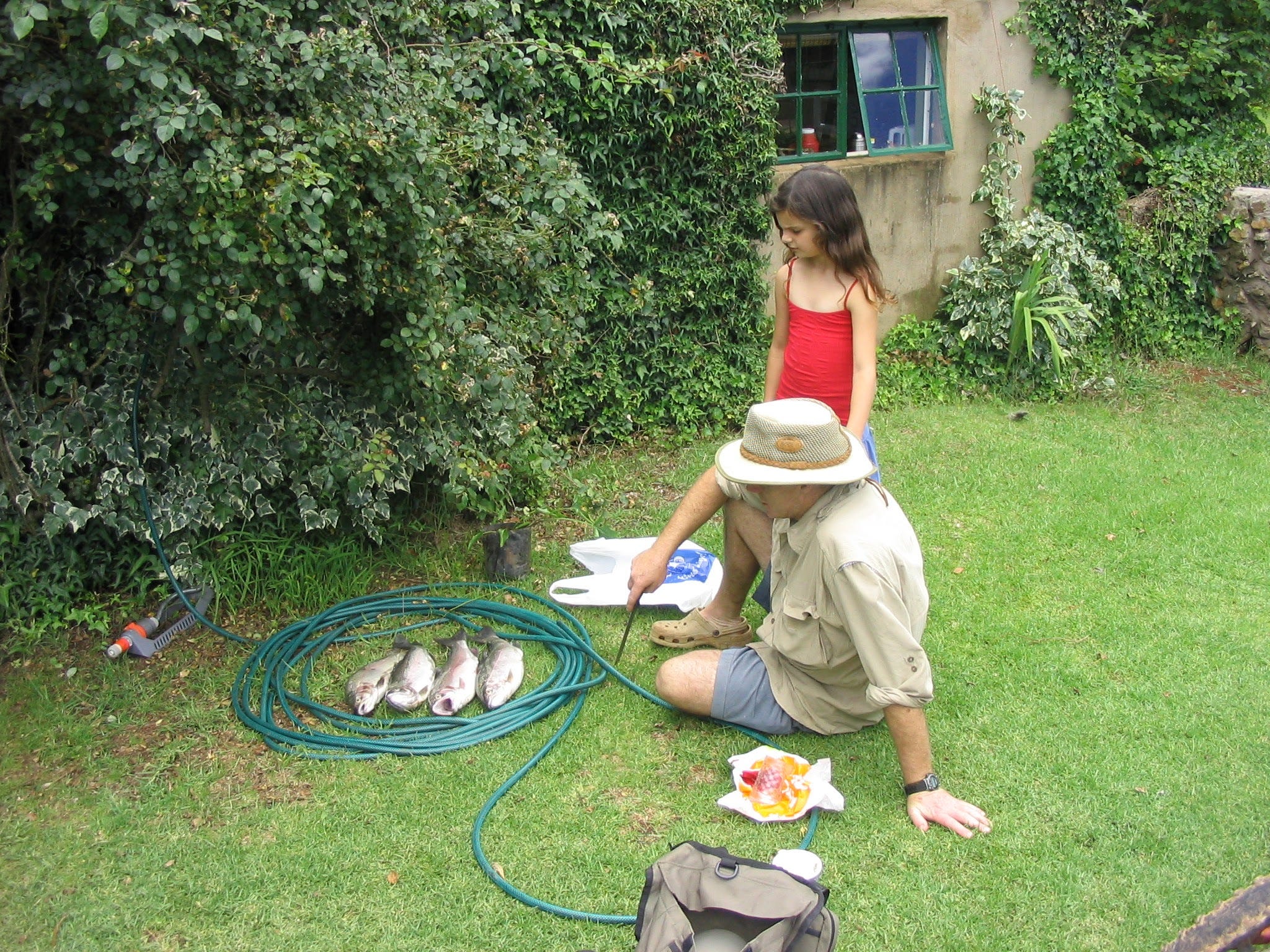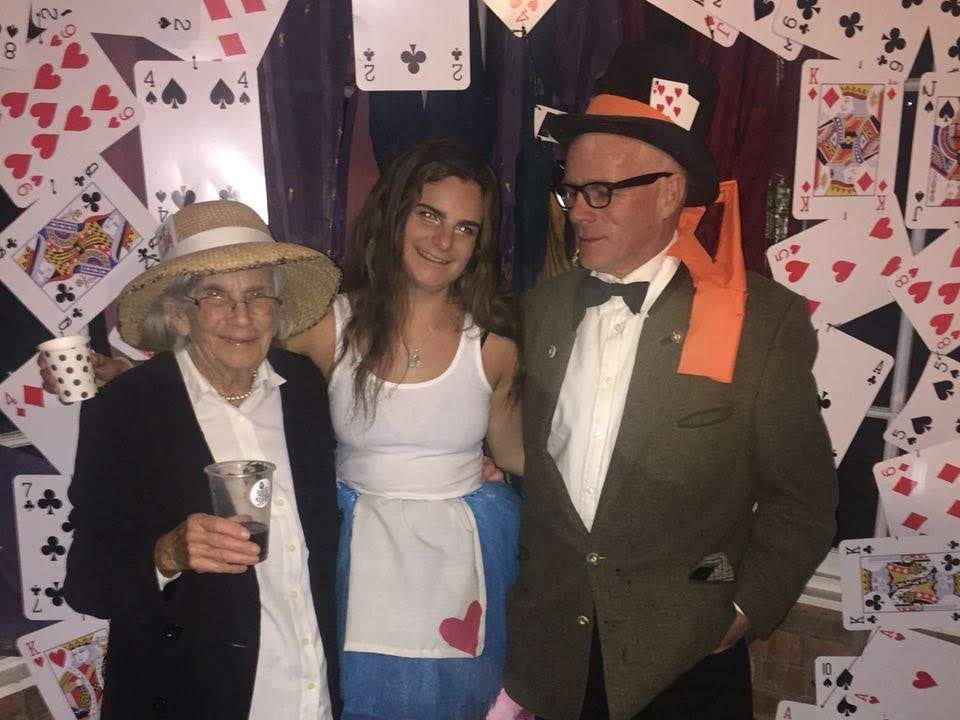
seb_ra/Getty Images
My dad clutched my arm tightly and looked at me with panicked eyes: “Don’t leave me here.”
In that moment, the roles reversed. It was as though I was the parent abandoning their kid. This memory from August 2022 — when we moved my father to a care facility for people with dementia — is one of the last times I ever heard him talk. He soon became nonverbal.

Courtesy of Alice Draper
My dad was my biggest cheerleader before his dementia
In my father’s eyes, everything I touched turned to gold. He boasted about my minor accomplishments on Facebook and hosted celebration dinners if I did well academically.
His dementia started when I was in university. By the end of my degree, he’d accrued debt, drank heavily, exhibited antisocial behavior, and his long-term partner had left him.
I moved back home during the pandemic, shortly after graduating. I was the only family member with the capacity to provide hands-on care, though other family members supported where they could.
Living with him was difficult. My dad could no longer hold a two-way conversation, and he repeated the same stories over and over. Sometimes, he was kind and agreeable, and other times, agitated and angry. There was no predicting, controlling, or reasoning with him.

Courtesy of Alice Draper
I started to wonder if this is what my adult life would look like
I was ambitious and had accrued a roster of freelance writing clients while studying. However, I lost most clients early in the pandemic, and I didn’t have the will or capacity to find more.
We were privileged enough to afford paid care, something so many families can’t access. And so, when my mother suggested we find someone to take over, I started to dream about moving out.
We met a few people, but none felt right. That is, until Derek. He was eccentric, calm, empathetic, unfazed by Dad’s unpredictable behavior, and he spoke directly to him (something few people did anymore).
For two years, Derek offered companionship, safety, and structure. I moved into my first solo apartment in a city 80 miles away so I could visit on weekends. However, I carried a lot of guilt, especially when my dad sent me texts asking me to move back in with him.
In 2022, Derek shared that my dad was declining. When I returned home from travels abroad, I was shocked to find my dad barely speaking and no longer engaging in his old routines.

Courtesy of Alice Draper
We moved my dad into a care home for people with dementia
I phoned the Alzheimer’s Association, and they sent me a spreadsheet with hundreds of care homes in the area. I screened all of them and visited the short-listed homes with my mom.
My stomach sank on these visits when I saw the sterile and soulless hospital atmosphere. But eventually, we found a home for people with dementia that was less depressing than the others. The staff were friendly, and the residents roamed freely around the property. The room available had a door leading into the courtyard, where my dad could freely smoke, and they let him bring his dog.
While my dad was almost nonverbal by then, on the day we moved him, he became coherent and engaged in two-way dialogues (something he hadn’t done in years). He was scared and angry, and pleaded with me and Derek not to leave him there.

Courtesy of Alice Draper
It was the right choice, but I still feel some guilt
Logically, I knew moving him was the best decision. But my emotions said something else. I remember bending over by the tree outside his care home, trying to quell my guilt-induced nausea.
My father still lives in this care home, and I am now certain this was the right decision. He has constant companionship from other residents and the 24-hour care that he needs. I have since moved abroad, and I visit him every few months when I am home. While he doesn’t remember me, I can tell that he is well cared for. He eats meals with others, many residents know him by name and offer him snacks and cigarettes, and the staff are attentive to his needs.
The care home’s “open door policy” for visitation gives me peace of mind, as I always drop in unannounced. I also think that the amount of human contact he receives has slowed down his deterioration, since previously neither Derek nor I were around him 24/7. However, I still feel bouts of anxiety about him, and my mother regularly visits and gives me updates while I am abroad.
While I’m not sure my feelings of guilt will ever go away, I try to remind myself that I am living the life that my pre-dementia father would have wanted for me.
The post When my dad got dementia, I became the adult in the relationship. I wasn’t ready. appeared first on Business Insider.




